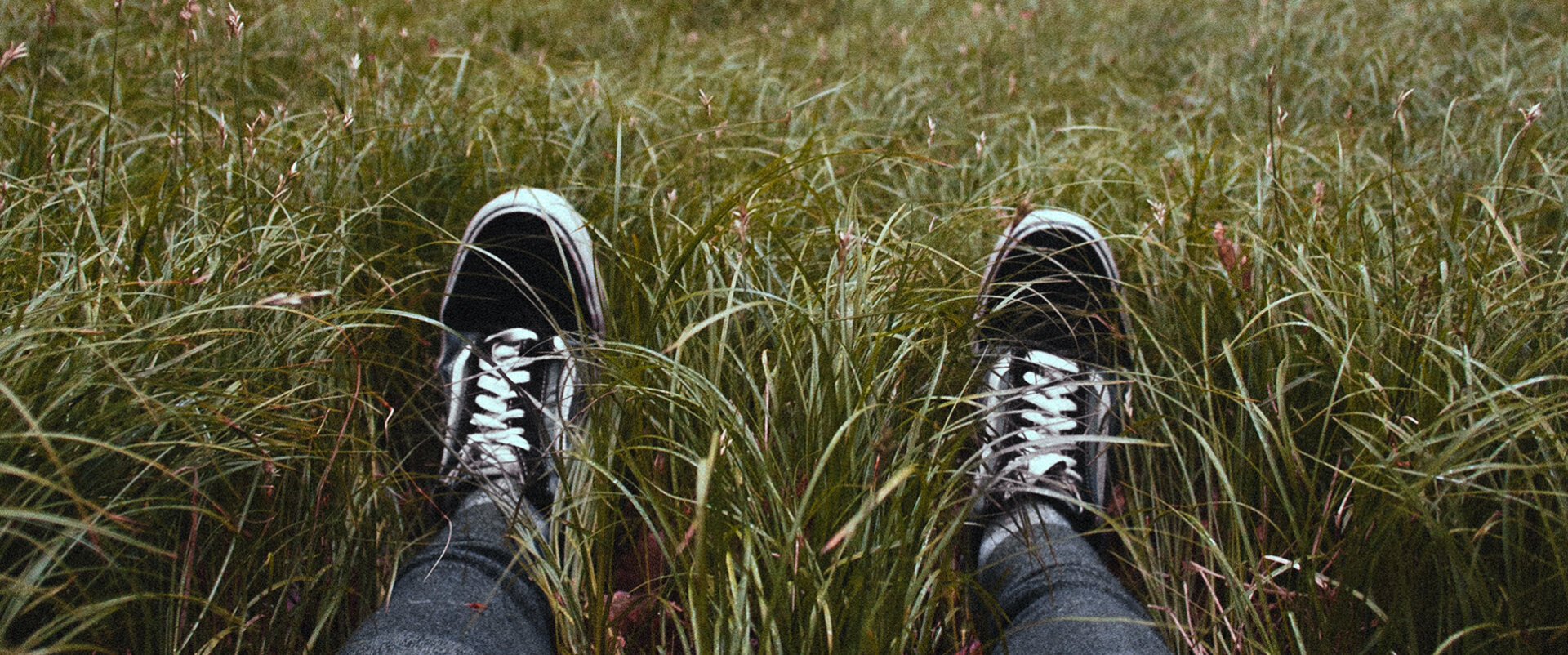A hosteller's guide to travelling green
As travellers, we need to consider the environment everywhere we go, whether we’re trekking a dirt-packed trail to a backcountry hut or navigating a maze of alleyways to an urban hostel.
Growing up, I wasn’t very aware of my environmental impact. When I moved from northern Alberta to southern British Columbia, I was shocked by the variety of recycling and waste programs. It took me a while to learn, and I’m still not perfect. In fact, I’m far from a zero-waste hero—but I believe we can all do our part to lessen our impact, both at home and abroad.
Although I’ve visited countless beautiful destinations in the more than 35 countries I’ve travelled to, I’ve also seen a lot of litter and waste left behind by locals and tourists alike. No place is immune to our disposable culture. Last year, as fires and floods tore through British Columbia, I realized how much more I must do to become a more sustainable traveller.
If you’re looking for practical, simplistic ways to reduce waste and be more eco-friendly at a hostel, here are a few tips to start your journey.

Pexels / Mikhail Nilov
Learn to fix, rather than chuck, your gear
Rips, tears and holes happen. Rather than purchasing something new, learn how to fix your gear and garments. Pack a small travel sewing kit, gear repair tape, and some fun patches. You can learn how to do almost anything with Google, YouTube and WikiHow, but, if necessary, you can also find a local tailor or cobbler to mend your belongings. Buying higher quality, long-lasting items from the get-go and fixing as needed will help you avoid the unethical fast fashion industry, too.
Seek out the recycling bin
Ask about the hostel’s waste management system and where the recycling bins are located. If they don’t have these systems in place, don’t be afraid to leave the hostel with your recyclables to locate a place that does. For example, if there isn’t a designated spot for cans and bottles, you can bring your empties to a recycling centre or leave them for someone in the community who collects them. Bonus: if you have enough empty containers, you might even receive some cash back to add to your travel fund.

Pexels / Polina Tankilevitch
Check the free food shelf before shopping
Many hostels have a free food shelf or space in the fridge for up-for-grabs goods. Before hitting the grocery store or market for supplies, check what’s been left by fellow hostel-goers. Then, make a list: do you need a small bottle of cooking oil or a stick of butter? What about salt and pepper? When you leave, label your non-expired leftover food as “free” and make sure it’s visible to reduce food waste.
Carry eco-friendly laundry soap
Environmentally-friendly cleaning products are taking over the market, with many people avoiding harsh chemicals in favour of non-toxic and natural ingredients. Bring a solid soap bar or laundry detergent strip in a water-tight container for your travels. Wash your laundry on cold, hand wash and hang to dry whenever possible. Taking care of your clothes will also mean they last longer, contributing to less overall waste.
Pack reusables
When you’re on the road, you’re going to have to carry your day-to-day needs with you. Instead of using disposable, single-use bags and containers to store these essentials, opt for reusable ones. Pack a reusable grocery bag for shopping, a refillable water bottle, a food storage container for leftovers, and a to-go mug for coffee. This also saves you money in places like Vancouver, where you’ll be charged 15 to 25 cents per paper bag or cup (in many places in Canada, plastic is also no longer an option so you’re saving yourself a headache too!).

Unsplash / Thom Holmes
Take shorter, colder showers
It sounds simple, but by showering in cooler water or taking a quick, icy rinse, you can save energy by reducing the gas or electricity needed to heat the water. Not only is a cold shower good for the environment, but it’s also better for you: showering in cool water can help you reduce stress, feel more awake, heal your muscles faster and contribute to healthier skin and hair.
Consider your skincare products
Every skincare, makeup and hair product you use goes down the drain when you shower and wash your face. That means that they eventually end up in our waterways. To minimize the impact of this residue, research which ingredients are banned in the country you’re visiting. Reef-friendly mineral sunscreen, for example, is a great place to start.
Make smarter purchases
Who doesn’t love a good souvenir? Vendors and shop salespeople all over the world will push everything from mugs, to handbags, to statues, to cheesy t-shirts. But the novelty of these items often wanes not long after returning home. There’s no point in buying something kitschy, impractical or too large to carry home. Leave the trinkets behind and look for consumable souvenirs, second-hand goodies, a piercing or tattoo, or unique keepsakes from local artisans.

Pexels / Karolina Grabowska
Bring a headlamp
No one enjoys when the overhead light flickers on after midnight in the dorm room. Avoid being that person and save on electricity when you bring a battery-operated or rechargeable LED headlamp.
Don’t come in to fix any problems
Don’t visit another place with the aim of condemning or changing the way they do things. Respect their rules and wishes. For example, does the country you’re visiting request that you don’t flush toilet paper? Respect that. Get involved, listen and help where you can. Have a conversation with the hostel staff when you don’t understand something. You might learn something new! You might also bring some of these methods home with you.
These tips might not seem life-changing, but every action is important. Your willingness to take small steps, ask questions and care about the environment can lead to positive change—for us, the earth and generations of travellers to come.
Issue 7



